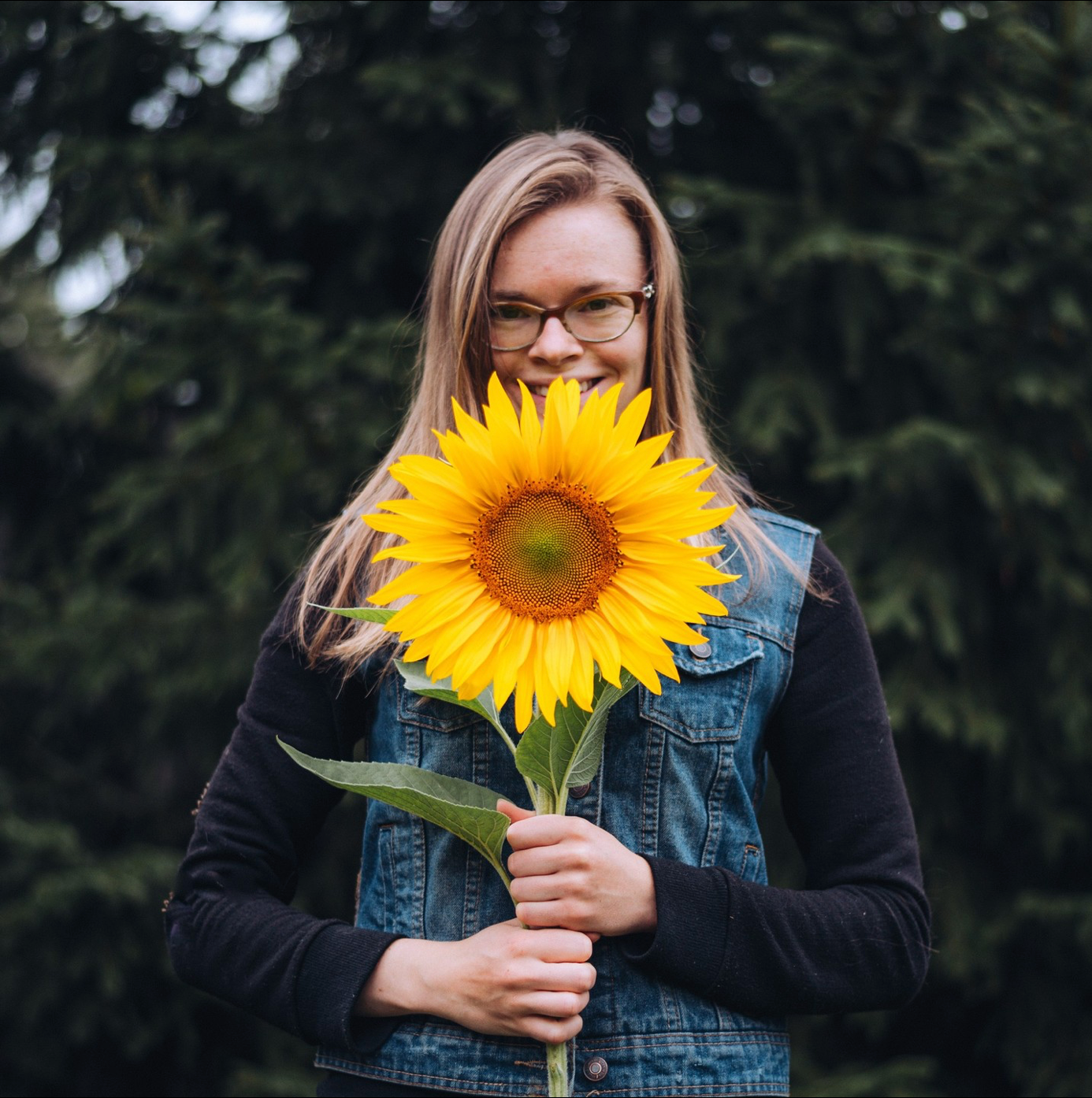Photography is a hobby filled with exciting gear options, but getting started doesn’t have to break the bank. With so many lenses, camera bodies, and accessories available, it’s easy to feel overwhelmed by the potential costs. However, sticking to an initial budget is key to making smart purchasing decisions.
Setting a Realistic Budget
When I started, I had a budget of $1,000, which allowed me to buy a used crop sensor Nikon body with a kit lens and a 50mm f/1.8 prime lens—also known as the “nifty fifty.” This setup was more than enough to take professional-looking photos and start booking sessions. It’s tempting to overspend on high-end equipment, but keeping costs low at the beginning allows for sustainable growth, especially if photography is a business venture.
If you’re considering an expensive lens or camera upgrade, ask yourself if it will directly impact your ability to earn more. For example, upgrading from a Nikon D750 to a D850 won’t necessarily improve your images enough to justify a price increase for your sessions. Instead of focusing on top-tier gear, invest in tools that will truly enhance your work and keep your business profitable.
Do You Need a Full-Frame Camera to Start?
A common misconception is that you need a full-frame camera before you can charge for sessions. This isn’t true. I made a significant amount of money using a crop sensor camera and a kit lens. For beginners, a crop sensor camera paired with a quality portrait lens like a 50mm f/1.8 or an 85mm f/1.8 is a great starting point. This setup typically falls under $800 and allows you to shoot couples, families, and portraits while learning the craft.
Additionally, starting with budget-friendly gear reduces financial risk. If you later decide photography isn’t for you, selling your camera will help recoup costs without a huge loss.
Prioritizing Lenses Over Camera Bodies
When you’re ready to upgrade, consider investing in better lenses before upgrading your camera body. A high-quality lens makes a noticeable difference in sharpness, background blur, and overall image quality. Wide apertures, such as f/1.8 or f/2.8, allow for better low-light performance and creative depth of field.
Your first lens upgrade should depend on the type of photography you enjoy:
-
Portraits: 50mm f/1.8 or 85mm f/1.8
-
Weddings & Events: 24-70mm f/2.8 or 70-200mm f/2.8
-
Landscapes & Architecture: 16-35mm f/4 or similar wide-angle lens
A new camera body may offer faster autofocus and improved low-light performance, but clients care more about the final images than the specifications of your gear. Investing in high-quality lenses first will have a more noticeable impact on your work.
Recommended Beginner Gear Setup
For those just starting, here’s a solid entry-level gear list:
-
Camera: Used crop sensor Nikon or Canon under $600 (with a kit lens)
-
First Lens Upgrade: 50mm f/1.8 for portraits, or 70-300mm f/4.5-5.6 with image stabilization for versatility
-
Memory Cards & Batteries: Extra storage and backup power are essential for any session
-
Tripod: Useful for landscapes, self-portraits, and low-light shots
Before booking sessions, take time to master your camera settings and understand how to use your gear effectively. Learning the fundamentals will make a bigger difference in your photography than any expensive piece of equipment.
Final Thoughts
Starting with the right gear doesn’t mean spending thousands of dollars. A used crop sensor camera, a versatile prime lens, and a solid understanding of photography basics are enough to create stunning images and grow your skills. Focus on getting the most out of your gear before upgrading, and you’ll be on the right path to success.
